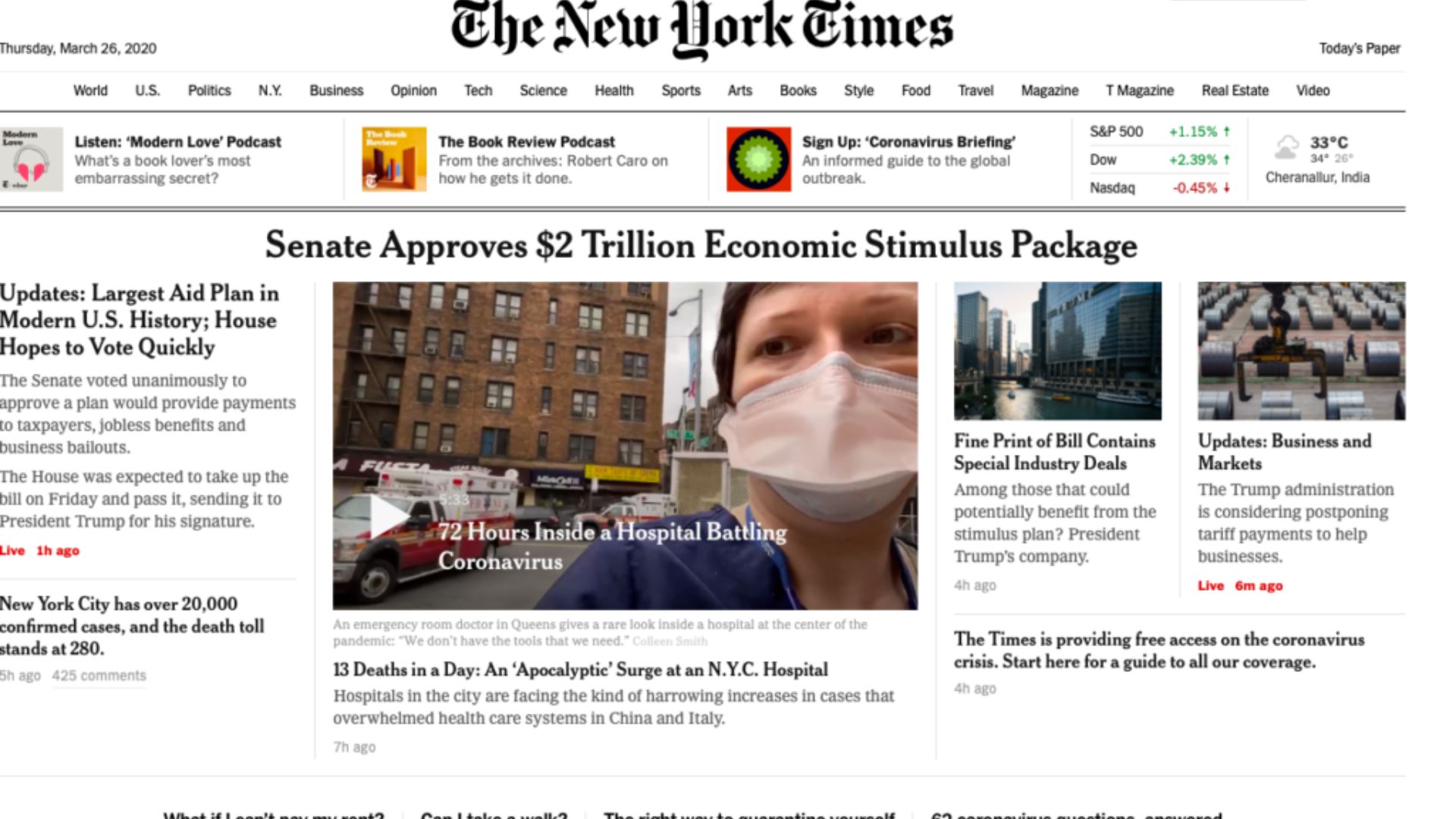Choosing the best content management system (CMS) for your website depends on your specific needs and goals. While there are many CMS options available, here are some factors to consider when making a decision:
- Ease of Use: Consider how user-friendly the CMS is, especially if you or your team has limited technical knowledge. Look for a CMS with an intuitive interface and straightforward content editing capabilities.
- Flexibility and Customization: Determine if the CMS allows for easy customization and flexibility in design and functionality. Look for a system that offers a wide range of themes, templates, and plugins to meet your specific requirements.
- Scalability: Consider the potential growth of your website and whether the CMS can handle increasing amounts of content, traffic, and user interactions. Ensure that the CMS can scale alongside your business or personal needs.
- SEO-Friendly Features: Check if the CMS has built-in tools or features that support search engine optimization (SEO). Look for options that allow you to optimize page titles, meta descriptions, URLs, and other SEO elements.
- Security: Website security is crucial to protect your data and your users’ information. Look for a CMS with strong security measures, regular updates, and a community that actively addresses vulnerabilities.
- Community Support: Evaluate the size and activity of the CMS’s community. A vibrant community means there are ample resources, tutorials, forums, and plugins available. It also ensures ongoing maintenance, updates, and bug fixes.
- Integration Capabilities: Consider the CMS’s ability to integrate with other tools and services you use, such as e-commerce platforms, email marketing software, analytics tools, or customer relationship management (CRM) systems.
- Cost: Determine your budget for the CMS, including initial setup costs, ongoing maintenance expenses, and any necessary premium themes or plugins. Balance your budget constraints with the features and capabilities you require.
- Consider the Future: Think about your long-term goals and potential changes or expansions to your website. Choose a CMS that can adapt and evolve alongside your needs and is supported by an active development community.
Some popular CMS options include WordPress, Drupal, Joomla, Shopify (for e-commerce), and Squarespace. Research and compare various CMS options based on the factors mentioned above to find the one that best aligns with your specific website goals, technical requirements, and budget.










